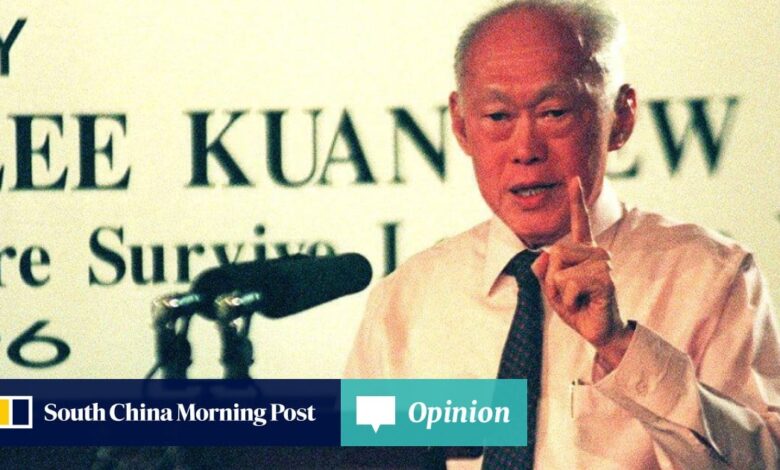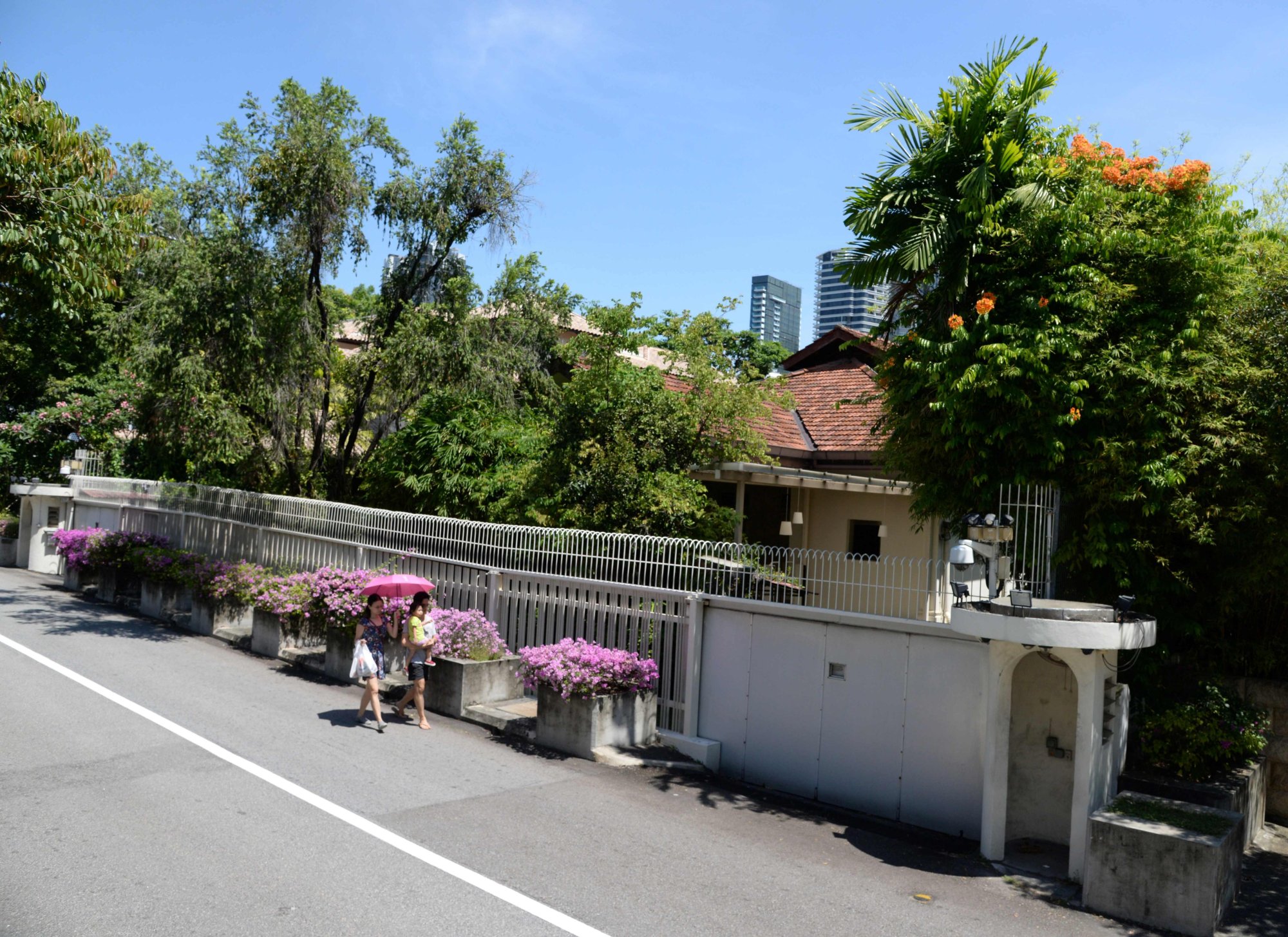Opinion | Singapore can pursue an AI solution to preserving Lee Kuan Yew’s legacy

[ad_1]
September 16, 2023 marks the 100th anniversary of the birth of Lee Kuan Yew, the first prime minister of Singapore. It also marks the 60th anniversary of the Federation of Malaysia. In addition to Malaysian leaders such as Tunku Abdul Rahman and Tun Abdul Razak, Lee, Goh Keng Swee and Eddie Barker were the key leaders from Singapore who played active roles in the separation of Singapore from the federation.
In celebration of the centenary of his birth, an immersive art exhibition, “Now Is Not The Time”, pays tribute to Lee’s life and legacy. One installation is a short film made with generative artificial intelligence, which features an inspiring speech Lee made in 1996.
Addressing the question of whether Singapore would survive him, he recalled the beginnings of the republic in the speech.
“The sky has turned brighter. There is a glorious rainbow that beckons those with the spirit of adventure. And there are rich findings at the end of that rainbow. To the young and the not too old, I say, look at the horizon, find that rainbow, go ride it.”
This speech remains highly relevant today. More than two decades later, I share the optimistic view of Lee, who concluded his speech thus: “Our present is better than our past. But, believe me, the best is yet to be.”
Lee’s passion for Singapore and love for learning remain deeply etched in my mind. I remember visiting Lee at his Istana office with Sim Wong Hoo, the founder of Creative Technology, a few years before Lee passed away in 2015. At the time, Sim was launching the ZiiO tablet that would enable users to learn and write Chinese characters easily.
Although Lee was a little physically frail then, he was mentally sharp. He asked specific questions about the technology and the way the tablet would facilitate the learning of Chinese. He remained interested in technology and passionate about education throughout his life.
As early as 1969, Lee had highlighted the importance of technology when he noted: “The differences between the performance of various human societies are in considerable measure a reflection of their differences in their trained brain power, and their capacity to organise themselves to harness science and use technology to create a better life for themselves.”
Given the rapid development and growing adoption of AI, we can use it to achieve better outcomes, including of an issue that has not been resolved in Singapore.

The late leader’s last will does state: “If our children are unable to demolish the House as a result of any changes in the law, rules or regulations binding them, it is my wish that the House never be opened to others except my children, their families and descendants.”
Prime Minister Lee Hsien Loong said in parliament in 2015 that as a son, “I would like to see these wishes carried out. However, it will be up to the government of the day to consider the matter.”
Drawing on the latest advances in technologies including AI, virtual reality and augmented reality, a compromise is possible. Historically significant and educationally enriching aspects of the Oxley Road home could be recreated as an immersive experience.
This would allow Singaporeans to respect the wishes of the founding prime minister, yet meaningfully preserve elements of the house, along with certain artefacts, for future generations.
Edmund Lim is the vice-president of an education technology company
[ad_2]
Source link





